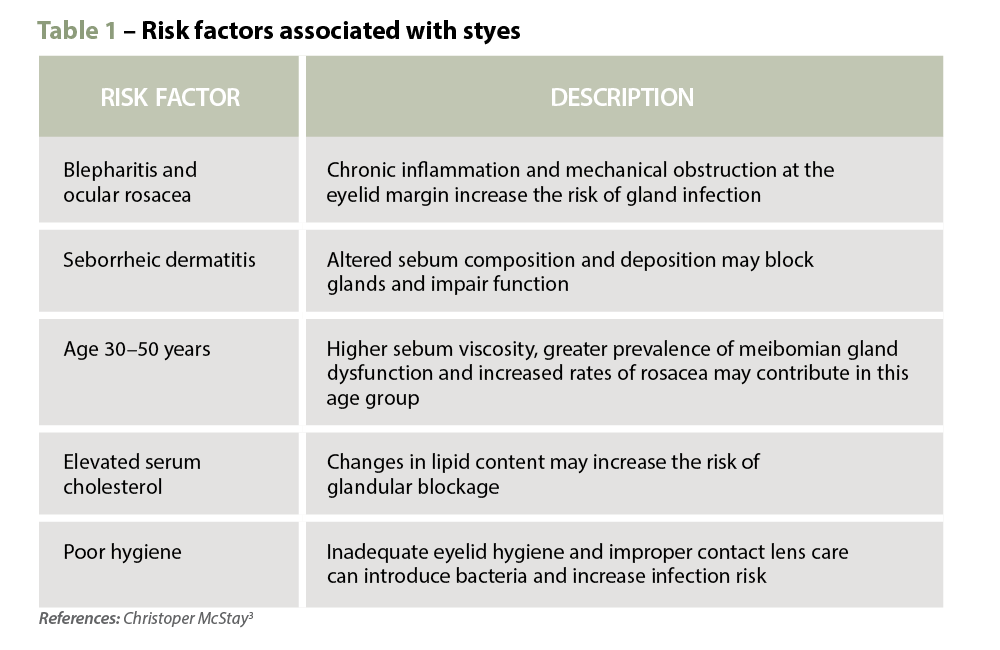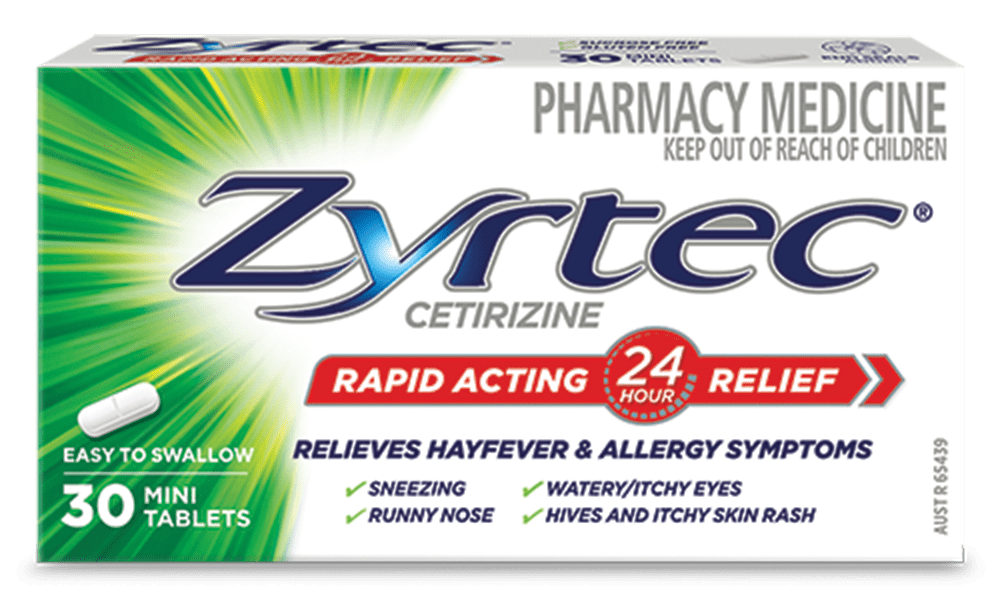
If your patient is experiencing an increase in the frequency or severity of asthma symptoms or an increased reliance on their asthma inhaler, allergies could be the hidden cause. With the right management you can help them to breathe easier, sleep better and live life to the fullest.
Josef is a 41-year-old sales rep with a history of mild asthma. He’s noticed that his asthma symptoms such as shortness of breath and coughing which are usually mild, are occurring more often and are more severe. In particular, he’s noticed increased wheezing and tightness in the chest, which is more pronounced before bed and upon waking in the morning. He usually manages his condition with a salbutamol reliever but is finding he is using it much more frequently recently. You notice this is the second time in the last 2 weeks he has requested a new reliever.
The consultation
To determine the best treatment option you ask a series of questions to identify potential contributing factors for his condition.
Key questions to ask
Medical history:
- Alongside your asthma, do you have a history of allergies?
- Does anyone in your family have allergies?
Duration of symptoms:
- How long have you noticed wheezing and shortness of breath?
- How long have you noticed tightness in your chest and wheezing?
Symptom pattern:
- Are your symptoms worse at specific times of the day or year?
- Do you notice any triggers that worsen your asthma symptoms?
- Are there times when it feels harder to breathe, such as during exercise or at night?
Sensory irritation:
- Do you ever notice itchy nose, eyes, or throat?
- Do you experience sinus pressure or headaches?
Environmental factors:
- Have there been any recent changes in your home or work environment?
- Have you noticed any improvement when you’re away from home or in different environments?
Timing of symptoms:
- Other than before bed and in the morning, are there any other times when symptoms worsen?
Current approaches:
- What have you been doing to manage your symptoms?
- How well have these approaches worked?
Current medical status and medications:
- Do you have any other health conditions?
- Do you currently take any medication?
- What medications were you prescribed as a child?
The diagnosis
Josef reports that his increased coughing has been ongoing for a couple of months. He says his wheezing and shortness of breath is occasional but definitely worse in the evenings and or after exertion. Josef’s pattern of increased reliever use, especially at night and in the morning, indicates that his asthma is not well-managed and that he’s experiencing exacerbations, not just mild symptoms.

During the discussion, Josef mentions that he sometimes experiences sneezing and itchy eyes, particularly when he’s at home on the weekends, but he didn’t think these symptoms needed treating. He also notes that his symptoms seem to improve if he’s away travelling for work.
Josef’s symptoms indicate that undiagnosed allergic rhinitis is contributing to the flare-up of his asthma symptoms. You explain that many people underestimate the impact that allergies, such as those caused by dust mites or pollen can have on asthma, and that allergic rhinitis often goes untreated because patients don’t realise the connection.
You explain to Josef that frequent asthma symptoms at night and morning are signs of poor asthma control and can increase the risk of serious asthma attacks.1 You reassure him that managing his allergies can improve his asthma symptoms and overall quality of life.
The treatment plan
You recommend a treatment plan to tackle the root cause of Josef’s symptoms. With proper treatment, Josef can breathe easier and reduce the amount of coughing and throat clearing, and alleviate his asthma-like symptoms. Alongside managing environmental exposure your recommend:
- Zyrtec Rapid Acting Allergy Antihistamine and Hayfever Tablets Dosage: One tablet daily offers 24-hour relief
- You also recommend a saline nasal spray to help clear nasal passages and reduce congestion.2
- Advise continued use of Josef’s reliever inhaler as prescribed but stress that frequent use signals a need for better underlying control, not just symptom relief.
You also suggest Josef make an appointment with his doctor to discuss his asthma symptoms further and whether written plans for managing his asthma and allergic rhinitis are appropriate.
The outcome: Restful nights and easier breathing
After a week, Josef’s condition has significantly improved. The wheezing and chest tightness has decreased substantially, especially during nighttime and early morning hours. He is no longer experiencing coughing or shortness of breath and is now able to sleep more comfortably and wake up feeling refreshed.
Josef is relieved to finally understand the root cause of his symptoms and have an effective management plan. He notes increased energy levels and has reduced his reliance on his asthma inhaler.
| Allergy is one of the major factors associated with the development of asthma. Around 80% of people with asthma have positive allergy test results.3 AR is a significant risk factor for developing or exacerbating asthma due to shared inflammatory pathways in the upper and lower airways.
AR can lead to a range of asthma-like symptoms including coughing,4 shortness of breath and wheezing. While patients may be aware of allergies they may not be aware of the connection between untreated AR and asthma flare ups, and the importance of managing allergies to control their asthma. |
References
- National Asthma Council Australia. Sleep and asthma information for health professionals. 2024.
- Approach to management of allergic rhinitis, [December 2020; amended July 2024].
In: Therapeutic Guidelines. Melbourne: Therapeutic Guidelines Limited. - Australian Society of Clinical Immunology and Allergy. Asthma and Allergy [updated August 2024]
- Wise SK, Damask C, Roland LT, et al. International consensus statement on allergy and rhinology: Allergic rhinitis 2023.
- Urdaneta E, et al. Ann Allergy Asthma Immunol 2010;105(5):A121. (Sponsored by Zyrtec.)






 Team PSA 2026: Caroline Diamantis FPS, Prof Mark Naunton MPS and Bridget Totterman MPS[/caption]
Team PSA 2026: Caroline Diamantis FPS, Prof Mark Naunton MPS and Bridget Totterman MPS[/caption]
 A/Prof Fei Sim and Prof Mark Naunton[/caption]
A/Prof Fei Sim and Prof Mark Naunton[/caption]

 Clinical features
Clinical features  Warm compresses are the cornerstone of treatment, helping to soften the lesion, bring pus to the surface and encourage spontaneous drainage. A clean face cloth soaked in warm (not hot) water should be applied to the closed eyelid for 2–5 minutes, twice daily during the active phase. Once the stye begins to drain, any discharge should be gently wiped away using a clean, warm washcloth. After resolution, continuing warm compresses once daily may help prevent recurrence.2
Warm compresses are the cornerstone of treatment, helping to soften the lesion, bring pus to the surface and encourage spontaneous drainage. A clean face cloth soaked in warm (not hot) water should be applied to the closed eyelid for 2–5 minutes, twice daily during the active phase. Once the stye begins to drain, any discharge should be gently wiped away using a clean, warm washcloth. After resolution, continuing warm compresses once daily may help prevent recurrence.2 








